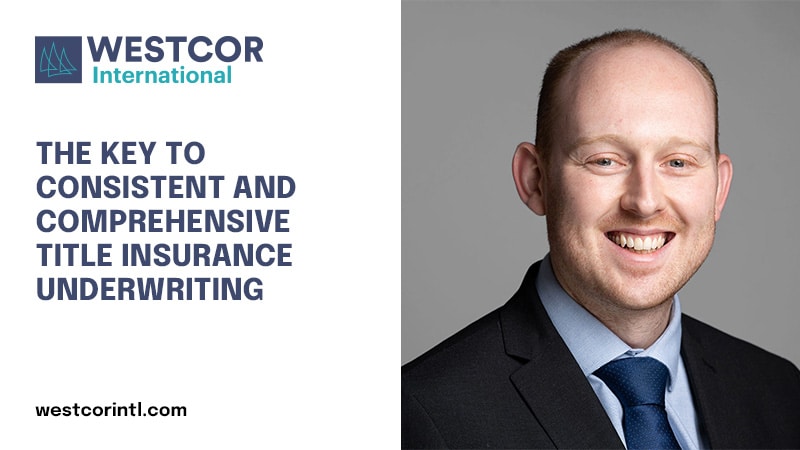The Importance of the Developed Value for Title Insurance Underwriting Assessments
The process of underwriting title insurance policies involves a careful evaluation of various factors to assess the associated risks and to determine the appropriate coverage. One significant aspect of this process is the developed value of the property, a requirement that has met with some contention in the market but which we feel plays a pivotal role in ensuring fair and consistent assessments across all policies.
As an underwriting agent we follow a mandate from our insurer partners that necessitates policies to be written for the full developed value of the site. This requirement is not arbitrary; rather, it serves as a fundamental principle to maintain uniformity and fairness in our evaluation and pricing procedures for all policies.
In the worst-case scenario, an insured title risk could lead to a situation where a site becomes unusable with no residual value. Consequently, our policies typically account for the difference in the value of a site before and after the enforcement of the insured title risk, acknowledging the potential loss associated with such adverse outcomes.
However, we understand that there might be instances where clients, for commercial reasons, wish to insure for less than the developed value of the site. In such cases, we allow for flexibility by enabling clients to request ad hoc approval for deviation from the standard requirement. Nevertheless, even in such circumstances, we emphasise the importance of having the developed value information as it forms the basis for our assessment and pricing methodologies.
The rationale behind this standing requirement is rooted in the principles behind all insurance policies. While title insurance is often seen as an isolated and unusual branch of the insurance market, it still maintains the same principles behind any insurance, namely that it serves to pool risk to ensure that individual parties don’t have to carry disproportionately large risks for themselves.
While settlements or court orders might mitigate the effects of the risk, there is no certainty in these outcomes, as they rely on decisions made by courts or negotiations with third parties. The costs associated with reaching a settlement, and the value of a court award against the property owner, are also likely influenced by the increase in value and/or profit attributable to a development scheme. In a broader sense, this information, without delving into commercially sensitive details, is reflected in the developed value.
Our experience has shown that the ultimate loss payable in the event of a claim on a title insurance policy is likely to be correlated to the developed value. So, it becomes crucial for us to maintain consistency in our assessments and ensure that each policy accurately reflects its contribution to that wider pool of insurance monies. Offering cover without a comprehensive understanding of the developed value could lead to an imbalance in that pool which is not fair to other insureds or the insurers.
As underwriters, our responsibility extends beyond a simple assessment of the developed value. We also consider other factors and assess the risks impact on the wider scheme. In essence, the developed value serves as a cornerstone in the process of underwriting title insurance policies, promoting fairness, consistency, and robust risk management practices. We acknowledge that not every case with a developed value of £10m will be appropriate to be priced the same, and it is our role as underwriters to understand and apply our knowledge to ensure that pricing is fair once we have a full picture and can make a proper assessment of a risk.
Beyond the conceptual basis behind our stance, we think that there are also commercial reasons which warrant consideration before a client decides to proceed with cover for less than the developed value of a site. By obtaining confirmation of the developed value, we are usually able to present terms showing a relatively small difference in price between cover for the full value and the client’s requested limit. This often more accurately represents the proportional impact of the insured risks on the pool of insurance, but from the insured’s point of view it would also be worthwhile for them to consider whether obtaining cover at the outset for the developed value would be beneficial, as it would reduce the likely cost of needing to increase the level of cover at a future date as a result of funding or sale requirements. This would also avoid the regrettable position where the limit is not sufficient in the event of a claim to adequately compensate the insured for their losses and it would ensure that changing approaches or appetites in relation to certain risks do not have such an adverse effect if the demands around coverage change in the future.
Here at Westcor, we appreciate that we operate in a subjective market where underwriters will have varied perspectives and place different values on certain factors, but our hope behind this article is that it provides a better understanding of how we choose to operate, and the reasons associated with that.
We look forward to continuing to work with our existing clients, and getting to know new clients, where this context helps everyone to understand how we aim to support you all by providing the best policy terms for all insured parties as often as possible.






